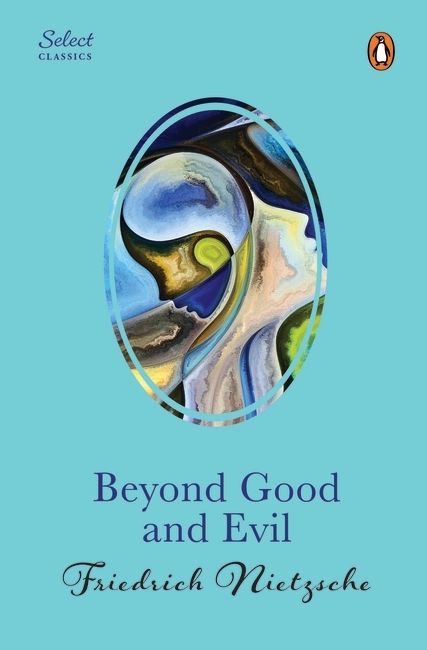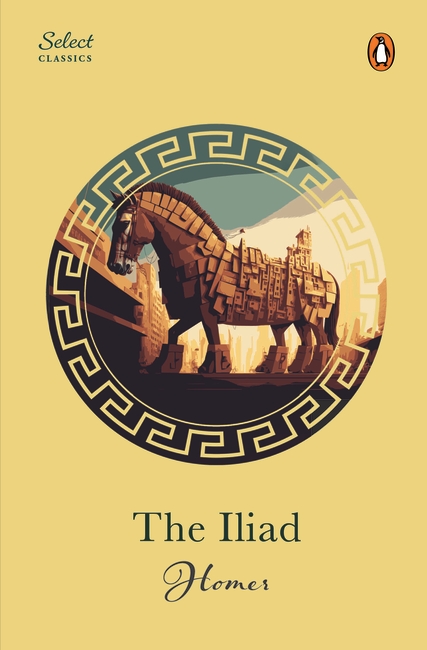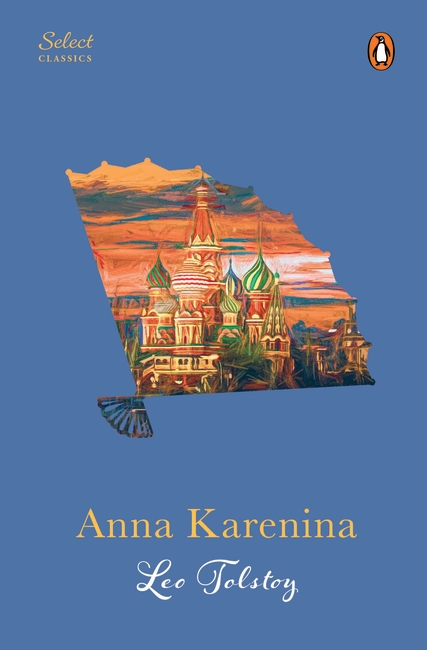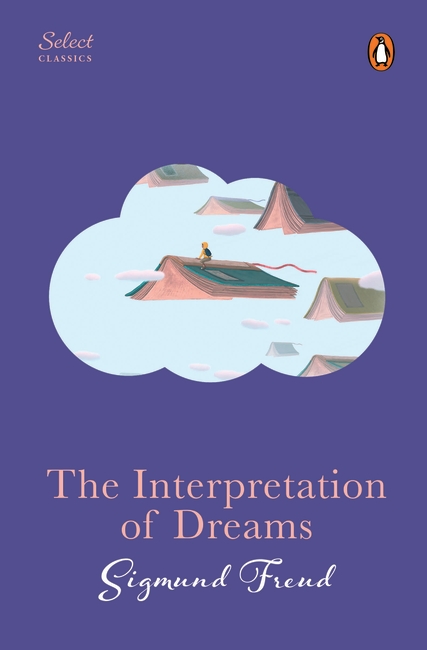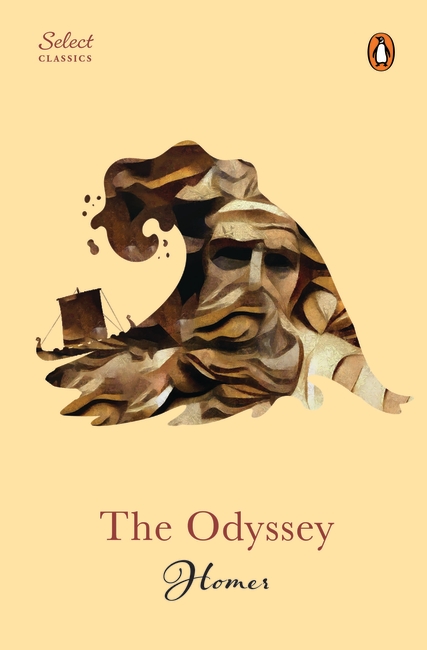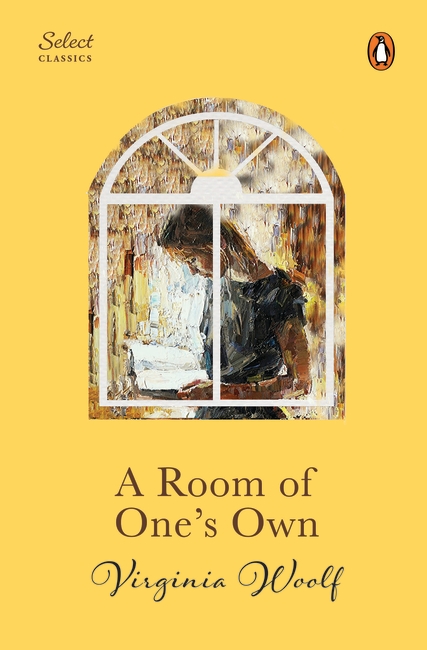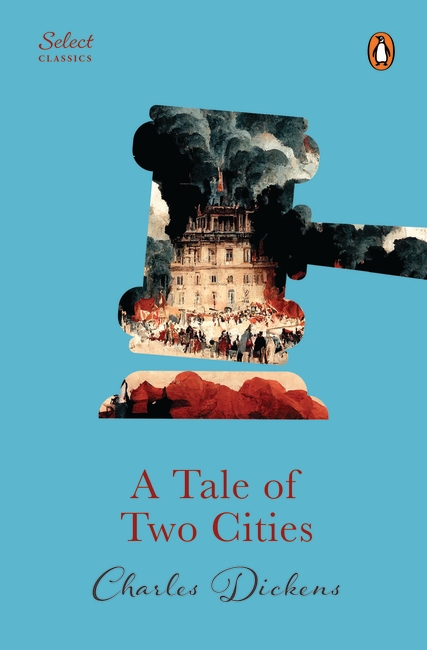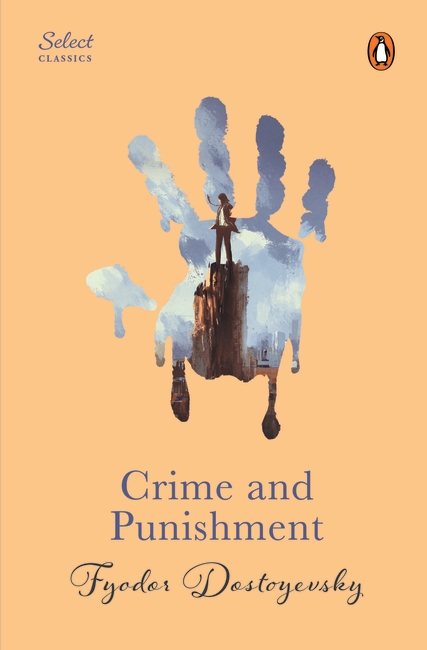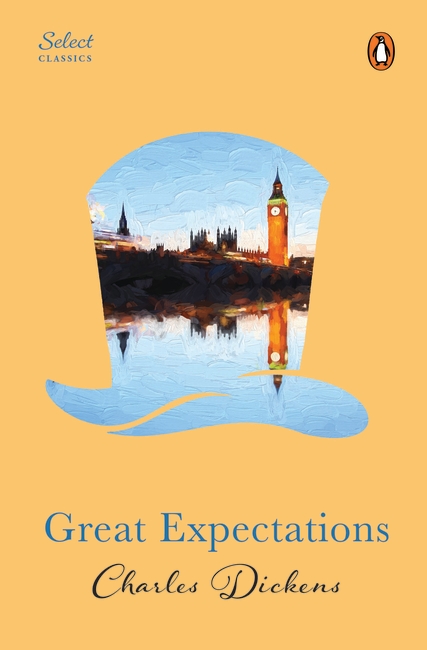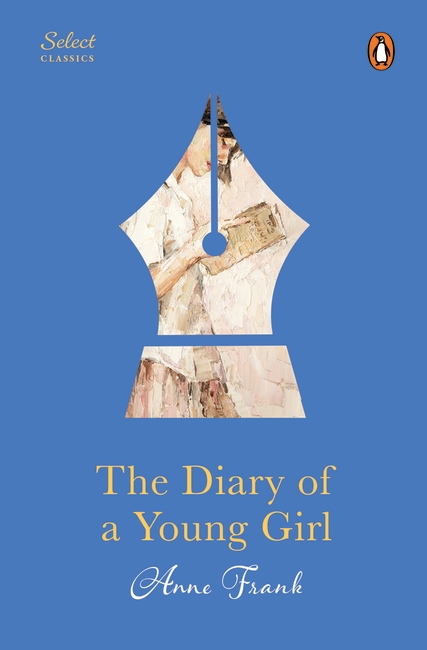
“One loves ultimately one’s desires, not the thing desired.”
Friedrich Nietzsche was a leading German philosopher, a pioneer in raising existential thoughts and forcing society at large to question why they need faith, religion and a sense of belonging.
At the heart of Nietzsche’s argument is the idea that to learn the truth one must question everything they have ever learned or observed. Nothing is free from this self-interrogation, including self-perception, societal teachings, and religion.
Nietzsche insists that nothing can be split into black and white—there exist only shades of grey. This argument forms the foundation for his discussion of religion.
Through his philosophy, Nietzsche insists individuals find their own truth and will, and impose it upon the world to find their authentic way of life.

“Without a sign, his sword the brave man draws, and asks no omen, but his country’s cause”
Often considered the first great book of literature, The Illiad is an epic poem which set the stage for all larger-than-life dramas the creative world has since witnessed.
It tells the story of the darkest episode of the most retold Trojan War. It’s an epic poem, with beautiful lyrical tone, set around an eternal love story, an eternal friendship, and an eternal enmity.
At the centre of the story is Achilles, the greatest warrior-champion of the Greeks, the great principled and morally upright King Priam offering valuable insights to life, the beautiful Helen and all the mistakes one makes in love, war, and life.
The Illiad is a must read for all fond of beautifully strung words that pull at heart strings with a deep sense of catharsis.

“He stepped down, trying not to look long at her, as if she were the sun, yet he saw her, like the sun, even without looking.”
Anna Karenina, a beautiful, sensuous, and rebellious young woman, is unhappily married to the wealthy but cold aristocrat Alexey Alexandrovitch. Restless in her passionless marriage, she lives in a society and times where Church rules the order for the wealthy; one wrong can bring down the entire family. Thus, she was floating through life until she met Count Vronsky. They fell passionately in love, convinced they met their soulmates. The story goes through their struggles to get approval for divorce, and their desire to live together in a complex society.
Tolstoy uses his characters to raise complex questions about family’s, egos that become a handcuff, and a society that becomes limiting to individual happiness. His famous novel is seemingly ahead of its times as it questions the inherent bias within people.

“Our memory has no guarantees at all, and yet we bow more often than…justified to the compulsion to believe what it says.”
What are the most common dreams and why do we have them? Does a dream about death, swimming, seeing a snake or flying symbolize something?
First published by Sigmund Freud in 1899, The Interpretation of Dreams is a deep and psychological research into what our dreams tell about our subconscious fears, traumas, and inherent desires.
Freud’s theories delve into the idea of dreams as a means to wish fulfilment, and the significance of childhood experiences on adult life.
Frued argues and insists that if we fully understand dreams, we will fully understand the unconscious mind.
Encompassing dozens of case histories and detailed analyses of actual dreams; this critical text presents Freud’s legendary work as a tool for comprehending our sleeping experiences.

“Of the many things hidden from the knowledge of man, nothing is more unintelligible than the human heart”
Sequal to The Illiad, the story begins ten years after the Trojan War and the Fall of Troy, when Odysseus, one of the war heroes, has still not returned to his kingdom Ithaca.
The Odyssey, which means the story of Odysseus, highlight another universal truth about life which is the desire to return home, the destructions and sacrifices of war.
When assumed dead, Odysseus’s wife Penelope and son Telemachus struggle with a group of unruly suitors who have overrun their palace wanting to marry Penelope and take over his house. But Odysseus is still alive; imprisoned on the island of Ogygia by Calypso, who is possessed by love for him and desires to make him her immortal husband.
Homer’s epic poem, larger than life emotions, and philosophical thoughts is a reminder of the bitter-sweet melancholies and the simplest desires of life.

“So long as you write what you wish to write, that is all that matters; and whether it matters for ages or only for hours, nobody can say.”
It’s the 20th century and Virginia Woolf is invited to speak to a roomful of young writers at a few colleges. She left the room and society at large perplexed with the thoughts she raised. Would Shakespeare’s sisters be given the same room to flourish if she had his skill sets? Can a women flourish if given the physical space to be by herself and ideate? Can a woman find a professional identity if not infrastructurally empowered? As a society do we allow this?
This book, although a work of fiction with a fictitious narrator and setting, is inspired by the lectures delivered by Woolf. As a revolutionary work, it remains poignant and relevant even today as we seemingly progress to an equal society but struggle with conditionings of gender roles. Despite its heavy subject, it’s an enjoyable, funny, sarcastic, and sensitive read; like a conversation with a dear friend.

“I wish you to know that you have been the last dream of my soul.”
The storming of the Bastille, the drop of the guillotine blade—this is the French Revolution that Charles Dickens vividly captures in the novel A Tale of Two Cities.
It was the era of suppressed people rising for their rights, overthrowing centuries of corrupt regime; for them the wounds and blood was sweet as it was tinged with the air of liberation.
With compassion and empathy, Dickens writes some unforgettable scenes and memorable characters: the sinister Madame Defarge, knitting her patterns of death; the gentle Lucie Manette, unswerving in her devotion to her broken father; Charles Darnay, the lover with a secret past, and Sydney Carton, whose unlikely heroism gives his life meaning.
In Dicken’s enigmatic world of treachery and heroism, explore the bravest and weakest corners of human nature, and the redemptive power of love and sacrifice.

“Nothing in the world is harder than speaking the truth and nothing easier than flattery.”
What happens when paramount self-belief leads to self-destruction. Raskolnikov’s is a student who believes he has the responsibility of using evil means to bring good to people; thereby committing murders.
As Raskolnikov is chased by a relentless investigator, his conscience starts to haunt him, tightening the grip of guilt. Amidst this turmoil, only Sonya, a marginalized sex worker, holds the key to his salvation.
Ultimately, Raskolnikov’s path leads him to a profound reckoning. Through suffering and self-realization, Raskolnikov discovers the true nature of happiness and the power of accepting and reciprocating love.
Crime and Punishment stands as a testament to Dostoevsky’s unparalleled ability to explore the depths of the human psyche, the complexities of truth, guilt, and the search for redemption.

“I loved her against reason, against promise, against peace, against hope, against happiness, against all discouragement that could be.”
Pip, a blacksmith’s apprentice goes from humble beginnings in the marshes of Kent to the bustling streets of Victorian London. A chance encounter with the escaped convict Magwitch sets off a series of events that lead Pip to the eccentric Miss Havisham and her captivating ward, Estella.
In his pursuit of becoming a gentleman to win Estella’s affection, Pip grapples with his own self-worth and the impact of his humble origins.
Pip must unravel the complexities of his own identity and in the bustling 19th century London his idealistic ambitions are threatened by dominating class difference.
Charles Dickens’ riveting and thought-provoking novel raises profound questions about human worth and the pursuit of success in a rapidly changing world.

“I’ve found that there is always some beauty left—in nature, sunshine, freedom, in yourself; these can all help you.’
Anne begins her diary entries at the age of thirteen in June 1942, recording all her experiences until August 1944. All people have the right to freedom, but Anne wasn’t sure that idea included her. During WWII, Anne and her family were forced to go into hiding like many other Jews.
Vivid snippets of two years of living in an annexe, without seeing the sun, are journalled by Anne. From their bones dwindling to her emotional growth all is reflected in her writings. She writes of her passion for literature and art, her desire to travel, the struggles of family ties in hiding: showing her incredible emotional resilience.
How does she keep her spirits alive through imagination, hold onto the hopes of free life, when they weren’t allowed to bring attention to themselves?
- A powerful firsthand account of resilience during World War II.
- Chronicles two years of life in hiding through Anne’s eyes.
- Reflects on hope, dreams, and the struggle for freedom.
- Captures the emotional growth of a young girl in adversity.
- A timeless testament to the strength of the human spirit.






